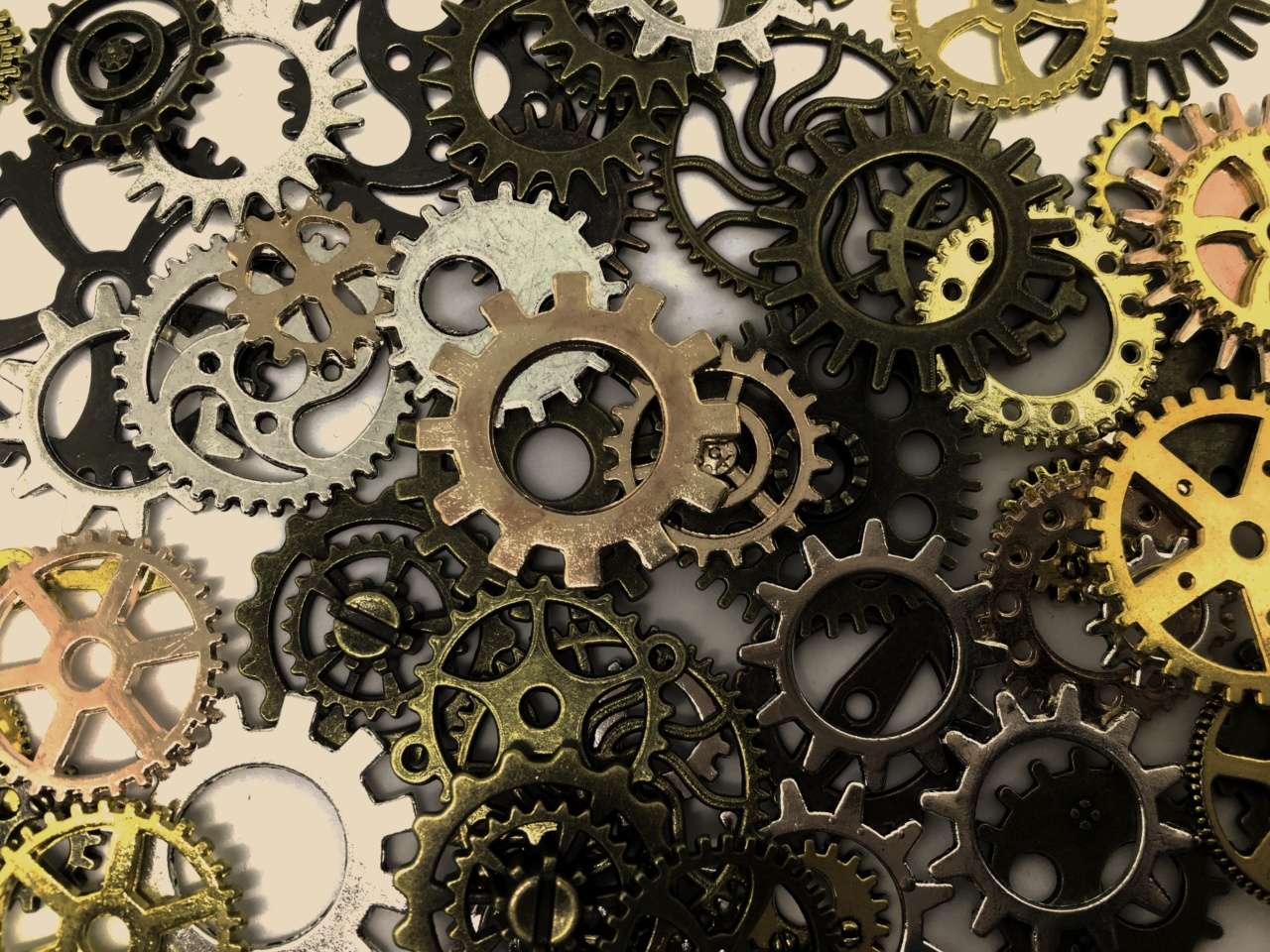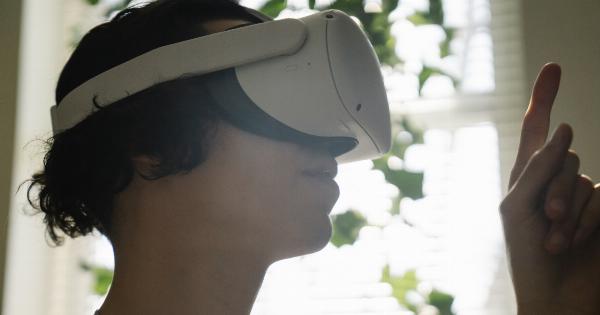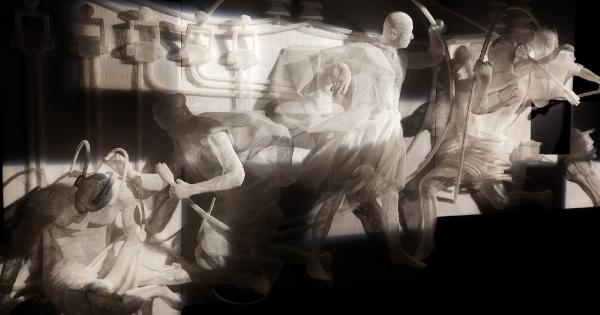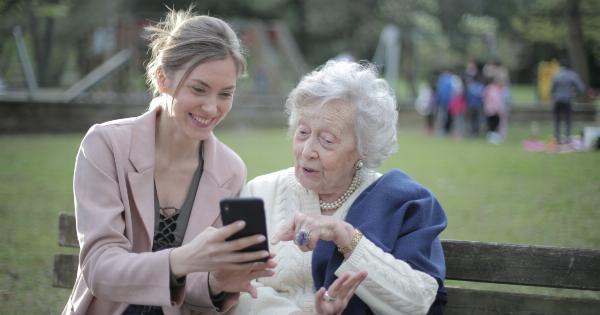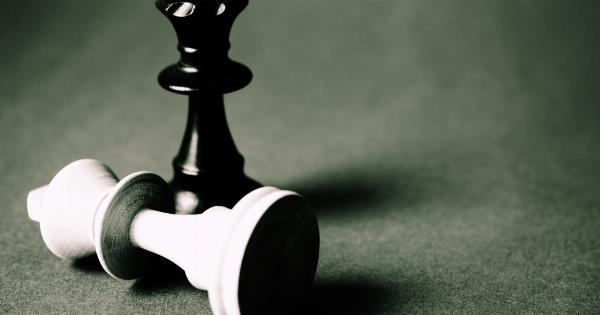Being precise is a vital skill in every aspect of life. Whether it’s in your personal, professional or academic life, precision can make the difference between success and failure.
From achieving goals to communicating with clarity, every situation in life demands a degree of precision. Fortunately, with practice and dedication, anyone can master the art of precision.
What is Precision?
Precision is defined as the accuracy, exactness or correctness of something. It involves performing a task or activity with complete accuracy, leaving no room for mistakes or errors.
Precision can apply to a wide range of activities such as communication, calculation, organization, writing, and more.
The Importance of Precision
Precision plays a crucial role in achieving goals. Precision allows you to take the necessary steps to achieve your goals in a methodical manner, avoiding any errors or mistakes that could lead to failure.
Moreover, precision helps to communicate ideas and messages clearly and concisely. People who communicate precisely often get their point across effectively, allowing their audience to understand their message fully. Additionally, precision leads to accuracy and efficiency, contributing to increased productivity and better results.
Mindset for Precision
Having the right mindset is crucial for becoming a precise person. Being precise requires a high degree of focus, attention to detail, and patience.
Therefore, it’s essential to practice mindfulness, remain calm under pressure and not let distractions get in the way. Additionally, it’s important to stay positive and motivated, as this will help you stay on track and focused on your goals.
Developing Precision Skills
Developing precision skills takes time and effort, but the rewards are well worth it. Here are some tips for developing precision skills:.
1. Practice
The best way to improve your precision skills is to practice. Whether it’s writing, math, or any other skill that requires precision, practicing regularly will help you improve and develop your skills.
Repetition builds familiarity and mastery, making it easier to perform tasks with greater precision.
2. Set Clear Goals
Setting clear goals is an essential part of developing precision skills. Goals should be specific, measurable, achievable, relevant, and time-bound. Clear goals provide direction and focus, helping you stay on track and motivated to achieve them.
Moreover, setting goals allows you to measure your progress and identify areas where improvement is needed.
3. Pay Attention to Detail
Paying attention to detail is crucial for developing precision skills. This involves observing, analyzing, and identifying the small details that matter in any given situation.
Attention to detail allows you to catch errors, identify efficient solutions, and make well-informed decisions.
4. Avoid Distractions
Avoiding distractions is essential for developing precision skills. Distractions can negatively affect your ability to concentrate and focus. Therefore, it’s important to eliminate or minimize distractions as much as possible.
This can be achieved by setting time limits, minimizing background noise, and turning off notifications, among other tactics.
5. Continuously Learn and Improve
The journey to becoming a precise person is a continuous one. Therefore, it’s important to never stop learning and improving.
This can be achieved by seeking feedback from others, regularly assessing your progress, and taking steps to improve your skills.
Conclusion
Mastering the art of precision is crucial for success in both personal and professional life. Precision allows you to achieve goals, communicate with clarity, and perform tasks with accuracy and efficiency.
Developing precision skills takes time, effort, and dedication, but the rewards are well worth it.
